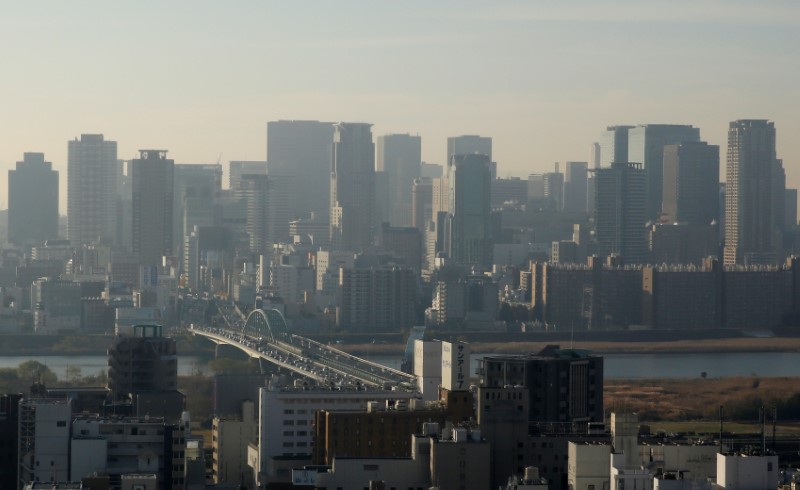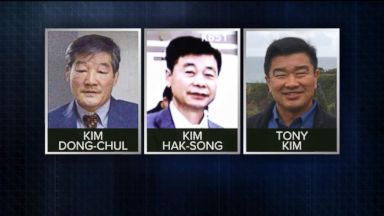
FILE PHOTO: A general view shows downtown area in Osaka, Japan December 12, 2016. REUTERS/Toru Hanai
May 6, 2018
By Alun David John
HONG KONG (Reuters) – Activist investing in Asia is rising steadily, driven more by local players rather than headline-grabbing foreign firms, as the region’s regulators pay greater attention to corporate governance, according to research from JP Morgan <JPM.N>.
Last year, there were 106 activist campaigns in Asia, versus 94 the previous year and just 10 in 2011, the investment bank said, citing data from Activist Investor and Shark Repellent.
Domestic players accounted for almost two-thirds of activist campaigns between 2011 and 2017, JP Morgan said.
“In Asia, as regulators look to protect the interests of minority shareholders, corporate governance has risen up the agenda … activist investors now have more power to push for change in the companies in which they have invested,” said David Hunker, JP Morgan’s head of shareholder activism defense.
In Japan, Prime Minister Shinzo Abe has been a public advocate of corporate governance, providing a boost to activists.
Earlier this year, Sparx Asset Management <8739.T> urged synthetic fiber maker Teikoku Sen-i <3302.T> to triple dividend payouts. The proposal was rejected, but the company separately announced a small increase in dividend, for which Shuhei Abe, founder and CEO of Sparx, claimed some credit.
Similar trends are emerging in other parts of Asia.
Hong Kong Exchanges and Clearing <0388.HK> finalised new rules recently for capital raisings by listed issuers aimed at “restricting abusive practices … and protecting the interests of minority shareholders”.
South Korea’s Financial Services Commission has also announced a plan to facilitate and encourage minority shareholder participation at meetings for listed companies.
Another factor in the rise of shareholder activism is the growing presence of large global institutional investors among Asian listed companies’ top shareholders, Hunker said.
These investors have already shown a willingness to support activist investors, if not in Asia, then at least elsewhere in the world, he said, adding that such firms are certainly willing to disagree with management decisions.
U.S. activist fund Elliott Management has challenged South Korea’s top two family-run conglomerates, most recently Hyundai Motor <005380.KS>, over better corporate governance and returns to shareholders.
BlackRock said in its Asia Pacific investment stewardship report for the fourth quarter of last year that of the 8,390 proposals it had voted on in the three months, it had voted against management recommendations on 7 percent of them.
(Reporting by Alun John; Editing by Himani Sarkar)

